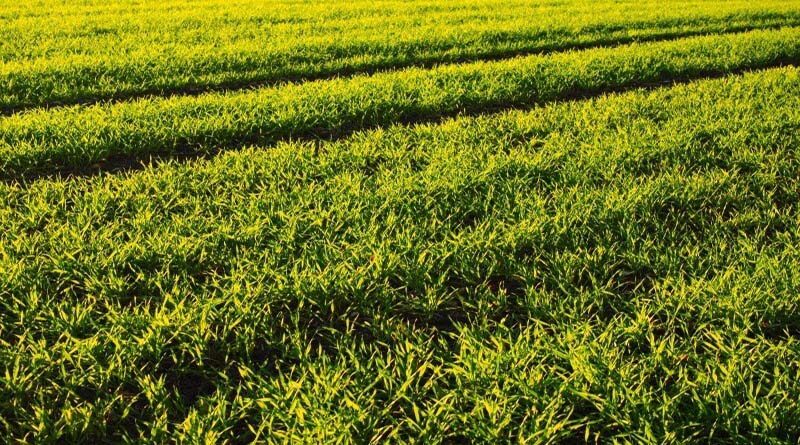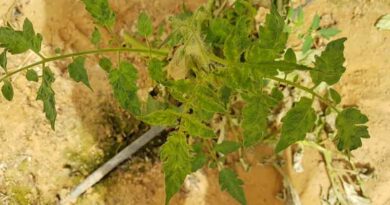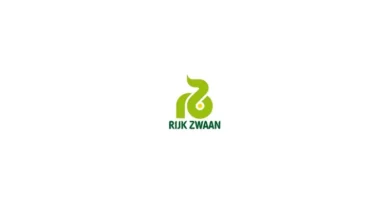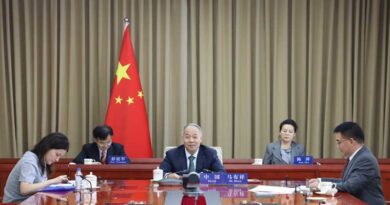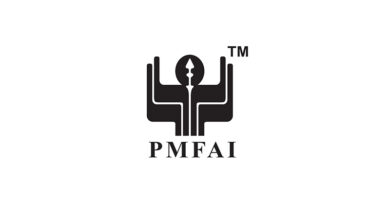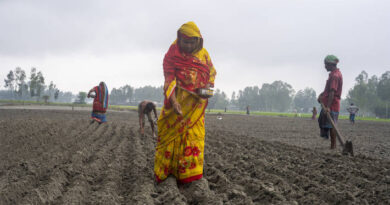New Zealand timely prevents spread of ToBRFV virus
22 December 2020, New Zealand: Early detection of a virus new to New Zealand – the Tomato brown rugose fruit virus (ToBRFV) – in a small seed lot has allowed quick action to be taken to contain and prevent any spread of the virus. All the seeds and resulting plants have been destroyed.
In early December, industry alerted Biosecurity New Zealand to the presence of ToBRFV in seeds imported from Israel. Although these seeds were imported with a phytosanitary certificate declaring them to be free of ToBRFV based on testing completed offshore, further testing identified a very low level of infection.
Also Read: The class of 2020: students graduate with Masters degree in crop management
ToBRFV is a serious pathogen for tomato and capsicum plants and is an Unwanted Organism in New Zealand. As a precautionary measure, Biosecurity New Zealand has temporarily suspended the imports of capsicum and tomato seeds for sowing from Israel.
Biosecurity New Zealand has been able to account for all of the imported seeds and the plants grown from them. There have been no symptoms or positive tests for ToBRFV from the plants grown from the seeds, which have been restricted to three greenhouse sites in Auckland.
Biosecurity New Zealand and affected industry partners have agreed to enter a response under the Government Industry Agreement (GIA). While there is no reason to suspect there has been any spread of the disease, all the plants grown from the contaminated seed have been destroyed to manage any residual risk. The three greenhouse sites have also been thoroughly cleaned and disinfected.
As a further precaution, Biosecurity New Zealand has destroyed all the tomato plants grown from uncontaminated seeds that have been in close proximity to the affected plants.
Photo on VisualHunt

